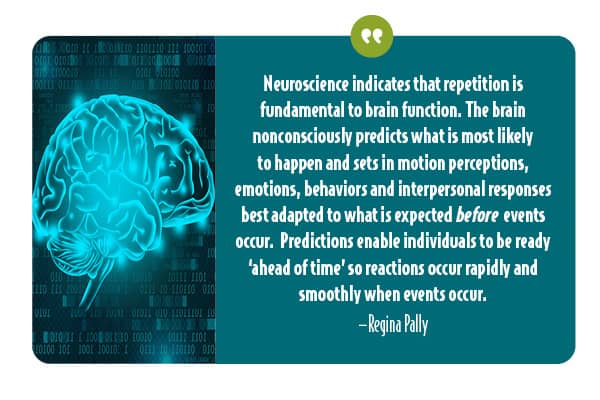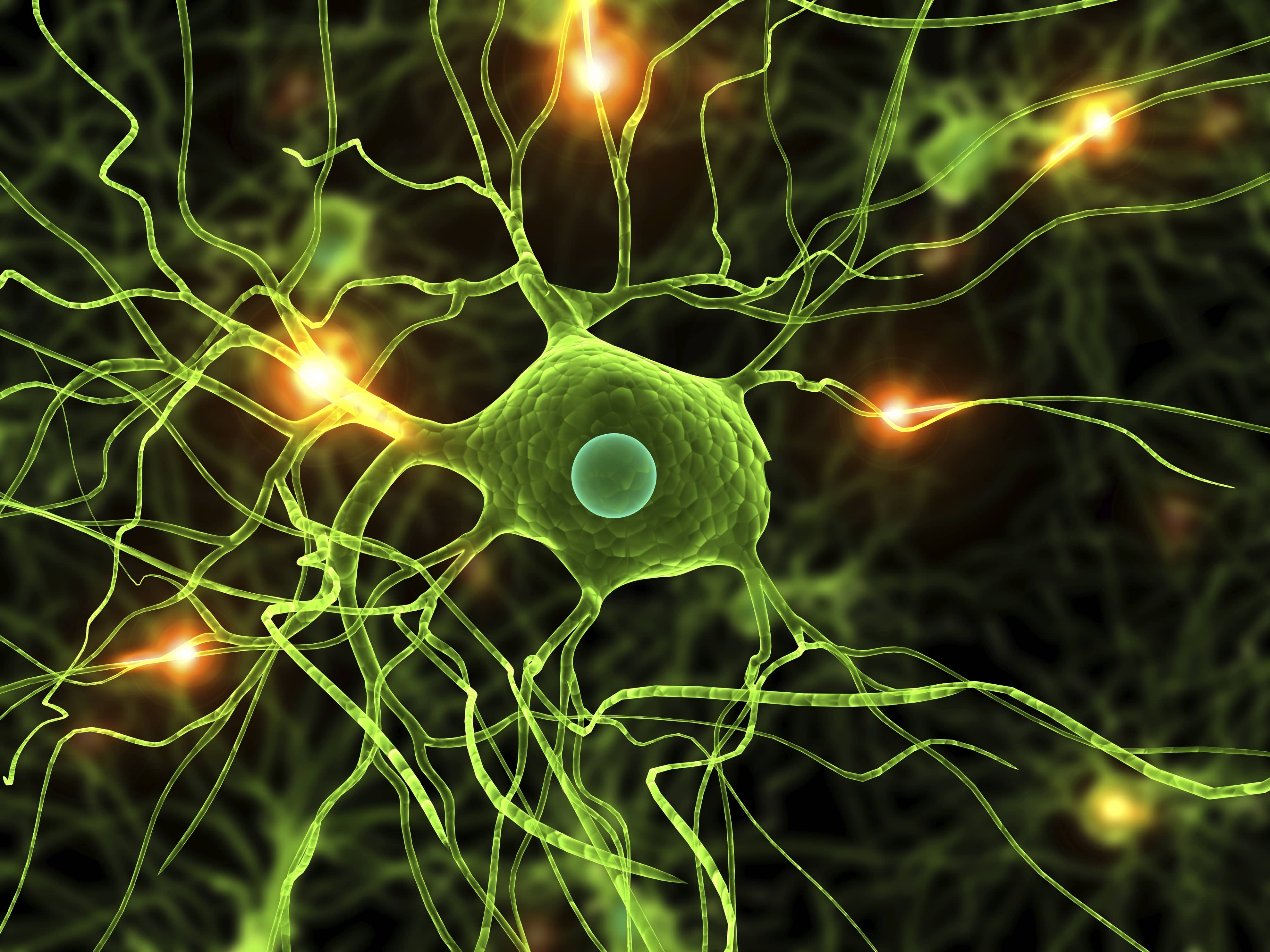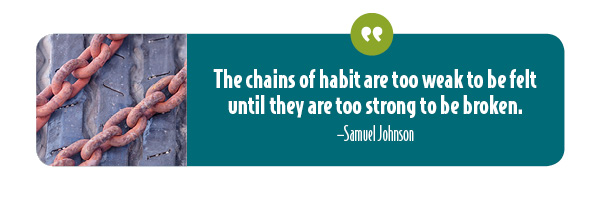Our brains have about a hundred billion neurons with neuropathways longer than the earth's distance to the moon. That's a lot of pathways needing construction if we want to break bad habits!
Recently, road construction sparked a greater awareness of how our brain's neural pathways work. I was driving home across the Bozeman Pass on Interstate 90, and there was a string of construction signs for several miles. Initially, the signs signaled to reduce speed to 55. Next, the right lane would be closed in a half-mile; then, another speed reduction. All of the cars in front of me obediently followed the instructions (“DOUBLE FINES IN WORK ZONES,” after all). But then, I noticed something particular!
Estimated reading time: 5 minutes

Heartmanity is proud to partner with outstanding companies that we wholeheartedly recommend so this post may contain affiliate links. This means if you click on a link and purchase something, we will receive a commission at NO extra cost to you. Thank you for supporting Heartmanity's mission!
How Psychological Priming and Conditioning Limit Our Responses
As we drove slowly along at 35 mph in single file for several miles, I realized that there was no construction whatsoever. Perhaps the construction team was setting up for future work or hadn’t yet picked up the markers and signs after finishing that stretch. Nonetheless, it reminded me of how easily we follow rules and others' requests without questioning them once we have been psychologically primed by past experience.
This tendency is the essence of human Repeated experiences throughout our lives train us to follow rules, regulations, and instructions, like when we were children and were dismissed for recess or lunch by the school bell ringing. Or like clocking in and out at work, or purchasing the latest gadget that is advertised. However, sometimes we are so carefully following directions from outside of us that we can coast along on automatic pilot from conditioning and unconscious habits. One thing that fascinates me about the brain is that it has road maps of neural pathways, much like the highways and byways of our cities and towns. The more we use a pathway, the bigger, faster, and stronger it becomes. This neural strengthening through repetitive use is one of the reasons bad habits are hard to break. And just as we need to repair and upgrade our roads and highways, we sometimes need to improve our brains' wiring to increase the quality of our lives.
One thing that fascinates me about the brain is that it has road maps of neural pathways, much like the highways and byways of our cities and towns. The more we use a pathway, the bigger, faster, and stronger it becomes. This neural strengthening through repetitive use is one of the reasons bad habits are hard to break. And just as we need to repair and upgrade our roads and highways, we sometimes need to improve our brains' wiring to increase the quality of our lives.
One way to give your brain a boost is by using a brain fitness app. Play fun games while exercising for better cognitive ability—a sweet deal!
Utilizing Our Brains' Neural Plasticity for Positive Change
Our brains have what’s called neural plasticity, meaning that they can—and do—change according to what we put our attention on.
Unlike animals, we have the unique ability to choose what we pay attention to. And regularly putting our attention on something specific actually creates new neural pathways or strengthens existing pathways in our brains.
This is an amazing and incredible opportunity! We have the power to change the map of our brain. And of course, whatever we put our consistently focused attention on, especially when new and novel, will create new pathways. Pretty cool, eh!? And as I mentioned before, one of my favorite ways to do this is through brain fitness apps. However, you could start a new hobby or plan an unusual exercise routine, or drive a new way to work and notice intently your surroundings.
Or try my favorite brain app, CogniFit? Exercise your brain today!
 Why would we want to change the map?
Why would we want to change the map?
Sometimes these pathways can work against us, like my well-trodden one to the pleasure of a latte at Coffee Creek. (Sweet, specialty coffee at five bucks a crack adds up fast and gets expensive, so I decided to break the habit!)
The more we repeat something, the more unconscious and automatic the habit becomes—and the harder the pattern is to change. This difficulty is why we often slide back into old habits after making a promise to ourselves to do something different, like getting more exercise or eating healthier. Ever wonder why breaking habits is so difficult?
This difficulty is why we often slide back into old habits after making a promise to ourselves to do something different, like getting more exercise or eating healthier. Ever wonder why breaking habits is so difficult?
A Shortcut to Breaking Bad Habits and Creating Healthy Brain Pathways
One thing that has helped me change more quickly and easily is to utilize the plasticity of the brain and how it maps. I decide what I want to change, and then I pick a symbol to remind me to think or act differently.
For instance, I can use the construction signs as a symbolic reminder to be more consciously aware and fully alive or to slow down and appreciate all the many wonderful people in my life. Each time I see a sign to slow down for construction ahead, instead of grumbling, I let it remind me to breathe deeply with gratitude.
This simple exercise encourages mindfulness and begins to train us to choose our thoughts instead of reacting to circumstances.
Another example could be the pandemic's recent requirement to wear masks in public places for the prevention of Covid-19. Many grumbled, but I consciously chose to see it as a caring act to protect those with compromised immune systems. Wearing a mask was an uncomfortable experience for me; yet, some even continue to wear them after the mandates have been lifted. The longer and more we wore them, the more the experience became normal for the brain.
Related reading: "How to Build Healthier Habits for a Healthier Life"
The next time you’re caught in traffic, use it as an opportunity to call to mind something meaningful or name the things you're grateful for.
For example, if you find yourself delayed and frustrated in a long line of cars poking along at a snail’s pace, use the time to think of three things you’re grateful for. Instead of complaining about the hassle of road construction or masks, let the situation awaken a spark in you and begin to practice gratitude. Or allow both to remind you to be more conscious. Do it enough, and a new pathway of gratitude will start to become a habit—and a new neural pathway will grow!
Why not try my favorite brain app, CogniFit? Exercise your brain today!
For more about brain training or to learn how to repattern bad habits, contact us at Heartmanity. Transforming lives is our business!








